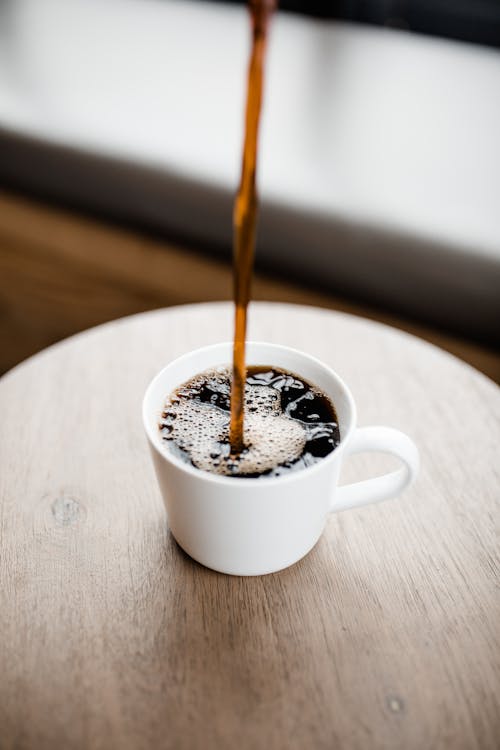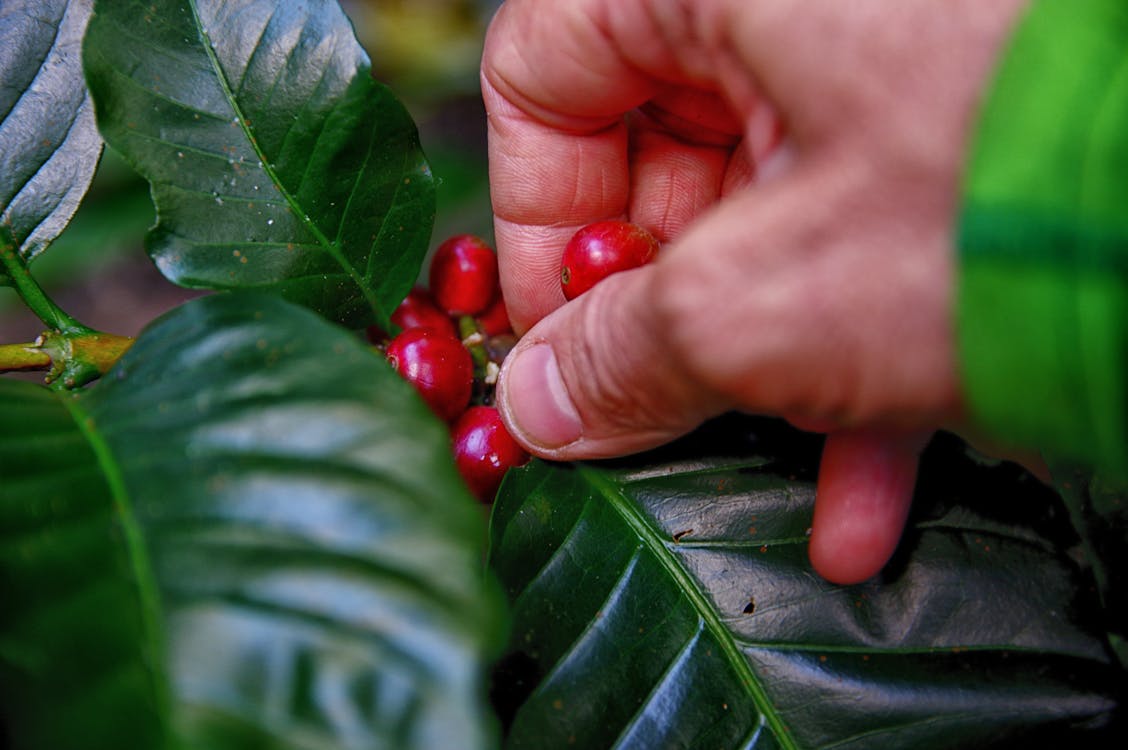If you’re considering a cup of decaf coffee to avoid the caffeine jitters without sacrificing flavor, it’s important to understand the nuances of what you’re sipping
Is Decaf Coffee Truly Caffeine-Free?
Despite claims of being caffeine-free, decaf coffee isn’t entirely devoid of caffeine. According to Samuel Klein, green coffee buyer at Partners Coffee, most decaffeination processes remove up to 99.99% of the caffeine content.

Achieving absolute zero caffeine is nearly impossible. This is akin to the variations seen with herbal teas and tisanes, where caffeine-free labels are applied based on the absence of caffeine in the herbs used.
The Decaffeination Process: How It’s Done
Decaf coffee undergoes various decaffeination methods, including solvent-based processes like methylene chloride or ethyl acetate, as well as the preferred water process used by Partners Coffee. This method extracts caffeine while preserving the coffee’s essential flavors, resulting in a brew that mimics the ritual and taste profile of a traditional pour-over or drip coffee.
Taste and Texture: Decaf vs. Regular Coffee
Caffeine contributes significantly to coffee’s bitterness and overall structure. When caffeine content is reduced, as in decaf coffee, the flavor profile shifts slightly, often becoming softer and milder. This change can reveal notes of sweetness akin to malt, honey, or dried fruit, enhancing the drinking experience without the caffeine kick.
Environmental and Production Considerations
Producing decaf coffee involves international shipping due to the limited number of facilities capable of water-processing decafs. While water processing is preferred for its flavor and safety benefits, it also requires substantial water usage compared to other methods.

Next time you opt for decaf coffee, remember that while it’s a great way to enjoy coffee flavor without the caffeine, it’s not entirely caffeine-free. Understanding the decaffeination process and its impact on taste can help you appreciate this alternative brew even more.